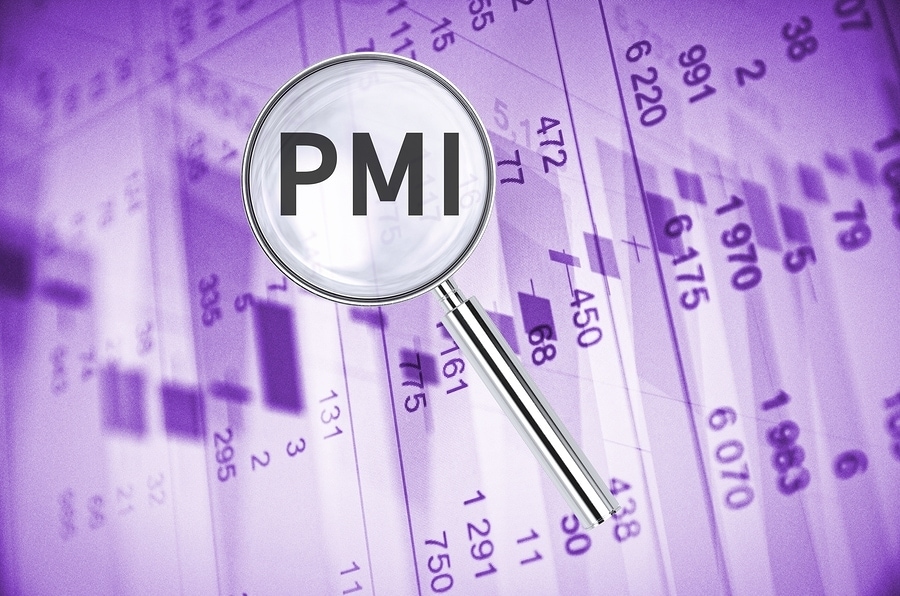Get Expert Financing
- Matched with investor-friendly lenders
- Fast pre-approvals-no W2s required
- Financing options fro rentals, BRRRR, STRs
- Scale your portfolio with confidence
Credit can be a major barrier for aspiring homeowners.
Unfortunately, mistakes made when you were younger or in a worse financial situation will come back to haunt you when you try to get approved for a mortgage
But fortunately, credit can be built back up just as it can be broken down. It’s important for lenders to not only see credit established but to also see that you’d be a good candidate for a mortgage loan.
Learn how to not only build credit, but to also effectively build good credit and buy the house of your dreams.
Your FICO credit score is made by considering five different factors with various weights. The age of your credit makes up 15% of your credit score. Though that doesn’t sound like much, every little bit counts when you’re trying to build good credit to buy a house.
Credit age simply shows how long you’ve had credit and the average age of your accounts. If your goal is to buy a house, a lender will want to see that you have a history of being a good borrower.
As soon as you have the thought of your future home, start building your credit. Low credit isn’t ideal either but it at least shows the lender a clear history of borrowing and better helps them make a determination.
Don’t apply everywhere all at once and don’t max out your credit limit as soon as you get it. Start with one credit card or loan, use what you need to and pay it off. Many experts even recommend to carry no more than a 30% balance of what your limit is.
This is called credit utilization. This is the percentage or credit available to you that you’re using. If you have multiple maxed out credit cards, your credit utilization is far more than 30%.
Let’s say you get your first credit card and its limit is $1000. You shouldn’t have more than a $300 balance, which you’ll want to pay off as soon as you can.
Start slow and once your credit history is established then you can begin to look at other credit building opportunities. We’ll discuss diversifying your credit later.
If there is one surefire way to effectively build your credit, it’s the most obvious one — pay your bills.
Get used to paying monthly bills on time now, because once you buy a house you’ll want to keep that good credit
Set up auto-pay on as many accounts as you feel comfortable with. Even just one missed payment, while a minor mark, can still stay on your credit report for up to seven years. Lenders want to understand that you’re a reliable borrower who won’t miss mortgage payments.
In fact, if you’re still building your credit but were previously a renter, you could present authorized (by a landlord or rental company) records of your consistent, on-time payments to show your reliability. Lenders may take this into account when making a loan determination for you.
Additionally, pay off your debts and early, if possible. A paid off loan looks great on a credit report. It might be worth it to borrow a small loan you know you’ll be able to pay off just to show it on your credit history. Lenders will see you as a responsible borrower if you have loans you’re consistently paying down.
This method can help build credit quickly but must be done properly to avoid consequences.
Being a primary user on any account will also have a bigger impact on your credit. However, as an authorized user of a credit card, you can reap the benefits of the primary holder’s on-time payments even if you don’t use the card (which is recommended since you’ll want a low credit utilization percentage).
The primary user should have an established and clean credit history, and always make their payments on time. As an authorized user, your credit will also take the hit if they miss even just one payment.
That’s why trust needs to come into play with this strategy. Consider asking this of a spouse or trusted family member rather than friends or other contacts.
While popular sites like Credit Karma allow you to monitor your credit score and alert you of any changes to your report, you should still pull your own reports.
Consumers are entitled to one free credit report from each of the three major credit bureaus (Equifax, Experian, and TransUnion) per year. Each one has its own instructions for disputing errors online or by mail.
Mistakes can, and often, happen. Any errors on your report, especially derogatory marks, will negatively impact your score so check your credit report before you start homebuying, and make sure to contact the proper credit bureau to correct the mistake.
Errors to look out for and dispute include:
Having five lines of credit that are all credit cards can negatively impact your score. A mix of three credit cards, one car loan, and a student loan will impact your score more favorably.
Again, this doesn’t mean to apply for everything you can at once. But if you have the opportunity, don’t just rely on credit cards.
If you’re going back to school, consider making the most of student loans. Need a new car? Take out a loan even if you have the funds now. You’ll still have the security of knowing you can afford it and your credit report will be all the better for it.
Age matters in the world of credit.
Lenders want to see that you have an established history of good credit when you buy a house.
If you still have your first credit card and you no longer use it, you should still keep it open. The length of time that you have it will reflect positively on your credit report.
Closing cards may also affect your credit utilization score and bump it above that desired 30% mark.
Once you build your perfect credit report, we’ll help you get the perfect mortgage.
Get started with My Perfect Mortgage today and we’ll match you with the right lender for your circumstances.
Our advice is based on experience in the mortgage industry and we are dedicated to helping you achieve your goal of owning a home. We may receive compensation from partner banks when you view mortgage rates listed on our website.

![What Credit Score Do You Need for the Lowest Mortgage Rates? [2025 Complete Guide]](https://myperfectmortgage.com/wp-content/uploads/7joxnrbx6qg-1024x680.jpg)
